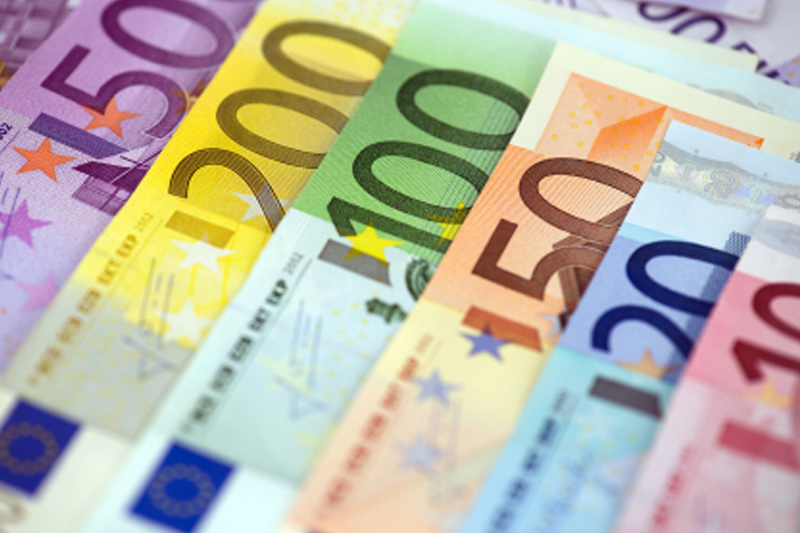By Kathleen Caulderwood - The euro is at a nine-year low, but it’s not exactly a crisis for everyone. On Monday, the eurozone currency fell 1.2 percent against the U.S. dollar to hit $1.19, its lowest rate since March 2006.
Although some economists are concerned that fresh rumors of a Greek exit -- or “Grexit”-- from the eurozone are driving the currency downward, most experts say the euro’s most recent slide is due to the combination of a strong U.S. dollar and an upcoming decision from the European Central Bank on whether to begin a round of economic stimulus.
In spite of the panic, many businesses, as well as some budget-conscious tourists, stand to gain. European companies exporting goods and services abroad will now have a major advantage over their American counterparts, since Europeans can offer lower prices for comparable items.
Tourism in Europe is likely to see a major boost, too. “If you’re a tourist and you want to visit Europe it’s going to be a great time to do it,” Bert Colijn, senior economist at the Conference Board, a think-tank, said.
But as with most economic issues, not everyone can win. Sharp currency moves always provoke questions, says David Wessel, director of the Hutchins Center on Fiscal and Monetary Policy at the Brookings Institute. One of the most important queries: Where is demand likely to increase or decrease?
“If Europe is effectively reducing the value of its currency so it can export a little more, at the expense of the rest of the world, that’s probably not a good thing for the world economy,” he said.
The boost in the U.S. dollar will also make for a difficult situation in emerging markets, which could have trouble paying debts that are now more expensive. “It’s never just one thing,” Wessel said. “It’s never just black or white.”
The euro is likely to stay weak for a while. One of the most important factors is a high likelihood that the European Central Bank will soon implement a stimulus plan, known as quantitative easing, to boost the region’s lagging economy.
“One of the reasons why the ECB has started to talk about quantitative easing is to bring the exchange rate down,” Colijn said.
In the later part of 2014, ECB chief Mario Draghi discussed the possibility that the bank would begin purchasing government bonds, its most powerful economic tool. Unlike the U.S. Federal Reserve, which focuses on maintaining low rates of inflation and unemployment, the primary concern of the ECB is inflation. The ECB’s mandate is to keep inflation at just under 2 percent, but real rates are however far below that target. Germany, the largest economy in the region, said on Monday that its inflation rate slowed to just 0.1 percent in December, lower than analyst expectations of 0.2 percent, according to Bloomberg.
Bank officials will meet on January 22 to make the decision.
